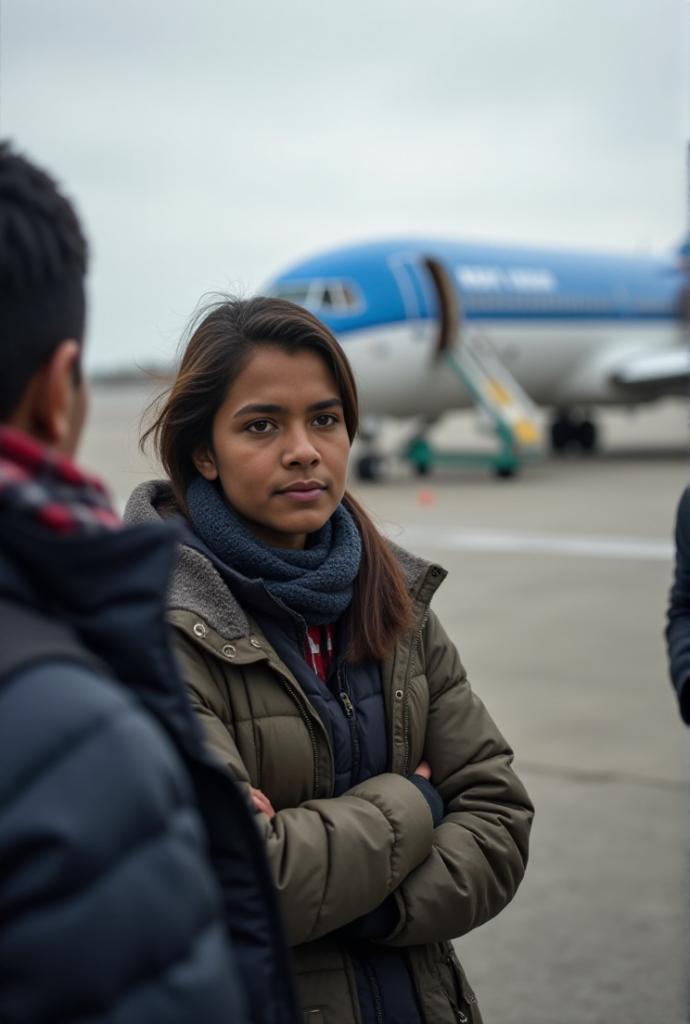Introduction
Norway’s immigration policies are making headlines once again as the government intensifies efforts to repatriate irregular migrants, including Ethiopian nationals. Justice and Public Security Minister Emilie Mehl recently met with Ethiopia’s Foreign Minister, Gideon Timothewos Hessebon, to strengthen cooperation on repatriation and migration management. These discussions highlight Norway’s firm stance on addressing irregular migration and the importance of international collaboration in this area.
Key Takeaways
- Norway pushes for the repatriation of irregular migrants, with a focus on Ethiopians.
- Strengthened bilateral cooperation between Norway and Ethiopia on migration.
- Ethiopia sends identification delegations to assist with migrant returns.
- Norway links migration cooperation to visa restrictions for Ethiopian nationals.
- The initiative aims to uphold immigration laws and reduce societal costs.
Stricter Immigration Measures
Norwegian authorities have made it clear that irregular migrants, including Ethiopians, must return to their home countries as quickly and efficiently as possible. This effort aligns with broader European Union policies that tie migration cooperation to visa regulations. In the spring of 2024, Norway and the EU introduced stricter visa requirements for Ethiopian nationals in response to challenges with repatriation.
Bilateral Cooperation with Ethiopia
The Ethiopian government has recently stepped up its efforts to facilitate the return of its citizens residing illegally in Norway. This includes sending identification delegations to assist in processing migrant cases and ensuring smoother repatriation procedures. Norway’s Minister Emilie Mehl praised Ethiopia’s proactive approach and emphasized the importance of maintaining efficient and humane processes for returning migrants.
Economic and Social Impact
One of the driving factors behind Norway’s push for repatriation is the significant societal cost of supporting irregular migrants, many of whom remain in asylum reception centers for extended periods. According to the Norwegian government, strengthening migration policies and facilitating returns will not only uphold immigration laws but also alleviate financial pressures on public resources.
Opinion: Balancing Policy with Humanity
Norway’s approach reflects a growing trend among European nations to link visa regulations with migration cooperation. While this strategy has proven effective in encouraging repatriation agreements, it raises questions about the long-term impacts on migrants and their communities. The success of such policies lies in ensuring that returns are conducted with respect for human dignity and international law.
Conclusion
Norway’s focus on repatriating irregular migrants highlights the complexities of modern migration management. Through strengthened bilateral relations with Ethiopia and a clear commitment to upholding immigration laws, Norway is setting an example of international collaboration. However, as these policies evolve, the need for a humane approach remains critical.
#Norway #ImmigrationPolicy #Ethiopia #MigrantReturns
Source










